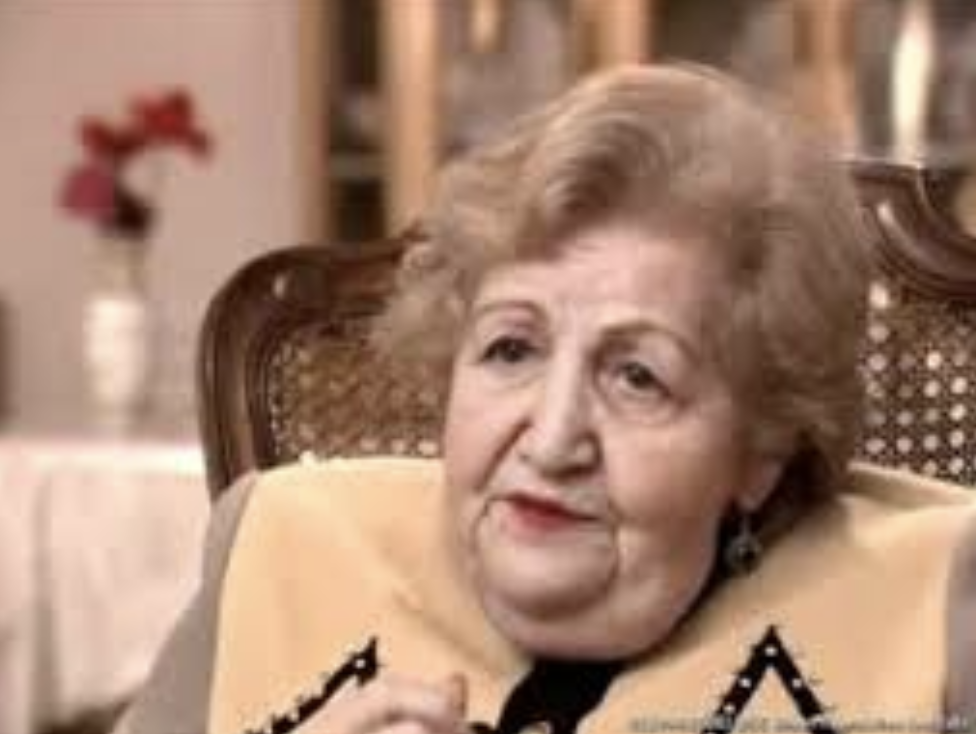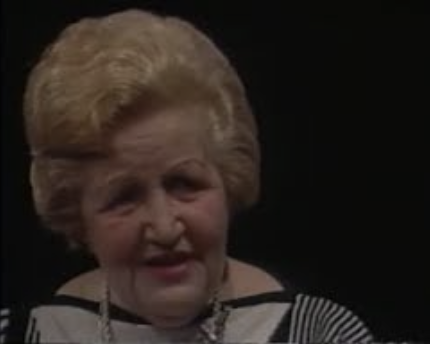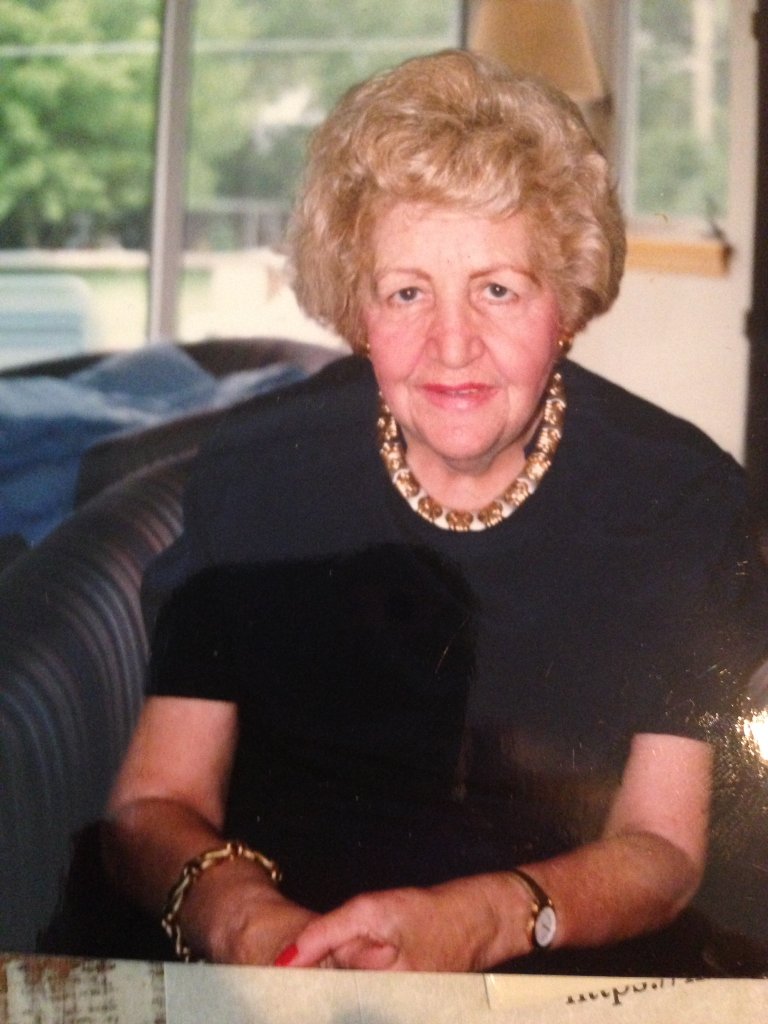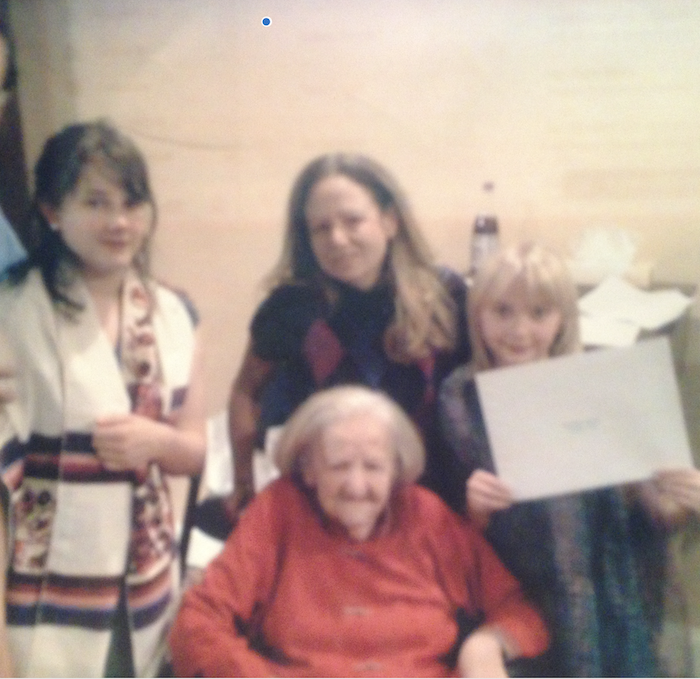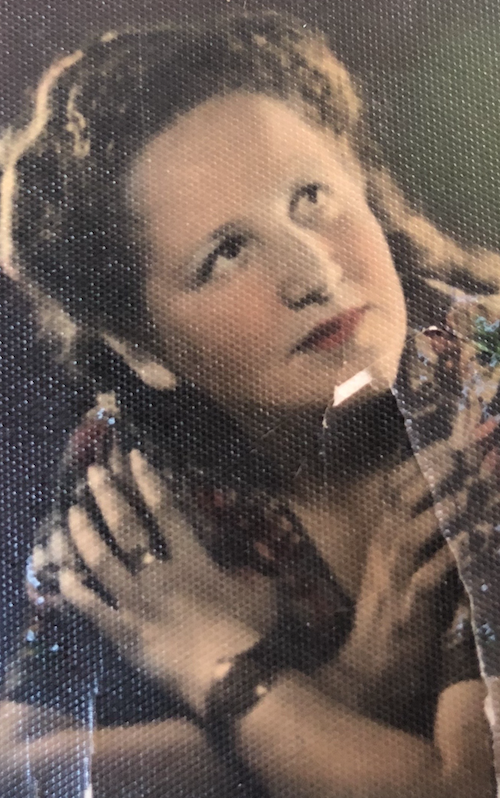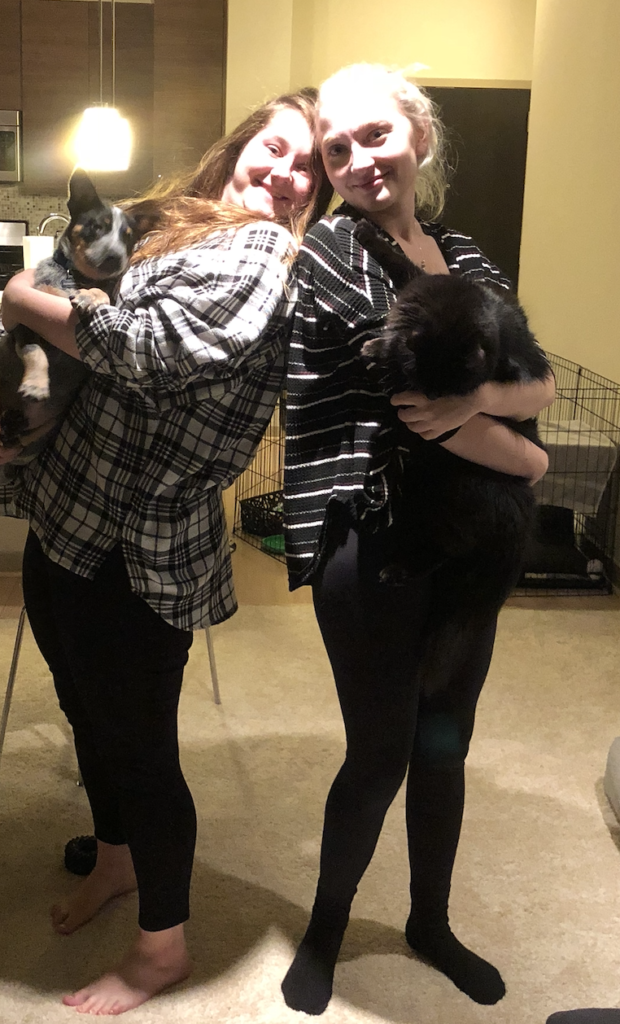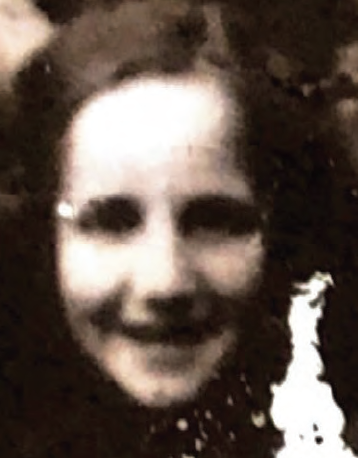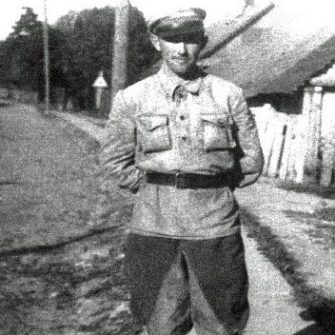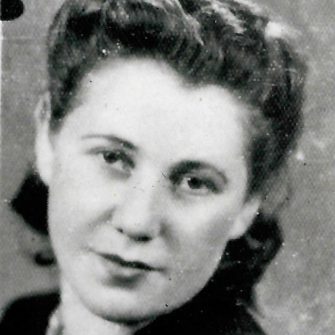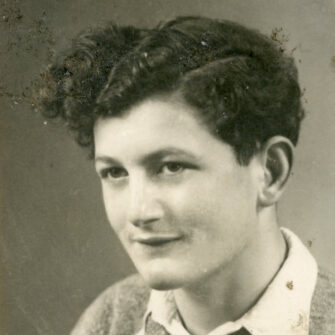A Young Girl Escapes the Novogrudok Ghetto: A Jewish Partisan Story of Survival
Lisa Reibel was born to Hinda (Bloch) and Nachum Kushner on March 8, 1930, in the town of Novogrudok, Poland, located about 140 kilometers south of Vilnius, the present-day capital of Lithuania. The youngest of four children, Lisa was sister to Esther, Chanon, and Rae.
Novogrudok had a vibrant Jewish community. Most of the businesses in town were owned by Jews and were frequented by the non-Jewish population. Lisa’s father had two fur stores and her family lived comfortably. Lisa and her siblings attended a private Hebrew school and the synagogue was the center of her community life.
Following Germany’s invasion of Poland in 1939, the Soviet Union occupied Novogrudok as part of the Molotov–Ribbentrop Pact, the Treaty of Non-aggression between Germany and the Soviet Union. Lisa was forced to learn Russian. But on July 3, 1941, when Lisa was 11 years old, the German Army invaded Novogrudok after breaking its pact with the Soviets. They took over all the stores, murdered several people, and forced the Jews to wear the yellow star.
One morning, the Jews were ordered to assemble in the town square where an entire orchestra was playing music. The Germans separated people by profession, gathering the lawyers, doctors, professors, and teachers together in a group. Convinced that these highly educated Jews posed the greatest threat to Nazi domination, and would be the most likely to mount a resistance, they shot them on the spot as the orchestra played on to drowned out the noise. As their blood ran throughout the square, the Germans danced.
The remaining Jewish population of approximately 6,000, was confined to a ghetto. Within a few weeks, Jews from all of the surrounding towns and villages were brought to join them, bringing the population to more than 36,000 Jews crammed together in the Novogrudok Ghetto. Lisa and her family were packed into the courthouse, together with 12,000 other Jews.
The Germans soon began liquidating the ghetto, beginning first with the elderly, the sick, and those who they felt might cause trouble – transporting them on trucks bound for extermination. Selections continued on an almost daily basis but this was not expeditious enough for the Nazis.
Very early on the morning of December 8, 1941, all the Jews of Novogrudok were ordered to assemble. 5,100 were selected to die and were murdered the same day by the Germans, assisted by Lithuanian and Belarusian police, at Skrydlevo. Lisa’s older sister, Esther, was among them.
Lisa, and her remaining family members, continued living in the courthouse and she worked as a cleaner and a cook assigned to the German offices. She barely survived on a daily ration of one ounce of bread, which was made of half flour and half straw. The mass exterminations of Novogrudok’s Jews continued. Among those killed were Lisa’s mother and aunt, and by 1943, only a few hundred Jews remained in the Novogrudok Ghetto.
Lisa’s brother, Chanon, and other young activists considered mounting a fight against the Germans, knowing that they were already targeted for death, but instead decided to build a tunnel to escape from the ghetto rather than to die fighting without arms. The group dug in secret at night, and to avoid detection, piled the dirt between the walls and under beds. It took several months for them to complete the tunnel.
On September 26, 1943, under the cover of darkness, the 230 Jews remaining in the Novogrudok Ghetto, mounted their escape through the tunnel. Those who dug the tunnel went first, followed by women and children, and then by the elderly. Lisa and her sister Rae would not leave their father behind and were among the last group to leave. By candlelight, they crawled through the tunnel on their hands and knees holding onto a rope until they reached the surrounding forest. Rain poured down and everyone was disoriented and running to flee from the Germans who had discovered their escape and were now shooting at them from every direction. During the melee, Lisa’s brother Chanon was shot and killed. Lisa, her father, and her sister hid under bushes for ten days until they were discovered by a group of partisans that had been sent to rescue survivors of the Novogrudok tunnel escape.
Lisa, her sister, and her father, soon found themselves, members of the famed Bielski Brigade, under the leadership of Tuvia Bielski. They joined more than 1,200 Jews of all ages, hiding in the woods and mounting resistance attacks against the Nazis and their collaborators. They remained with the Bielski Brigade for nine months until they were liberated by the Russian Army.
Returning to Novogrudok, they found that the town had been completely destroyed and that it would be dangerous for them to live in the now Russian-controlled area. Using counterfeit passports, Lisa, her father, and her sister fled to Budapest, Hungary, and then traveled on to Italy where they lived in a Displaced Persons camp while waiting to emigrate to Israel or to America. Told that having a trade would expedite their visa to Israel, Lisa trained to become a dental technician, and the family was eventually sent to Rome to await transport to Israel. They soon learned that there were no Polish visas for Israel but there were a few available for the United States. A few days before Passover 1949, Lisa and her family, arrived by boat to the port of New York City, met by her aunt and a cousin already living there. Lisa was 19 years old, penniless, and did not speak a word of English.
Eventually, Lisa earned her high school diploma and got a job working as a seamstress in a fur and jewelry store located at 57th Street and 5th Avenue in Manhattan. She soon worked her way up to store manager. In her spare time, she enjoyed performing in Yiddish theater productions.
Soon she met and married Joseph Reibel, a survivor from Ukraine. They had two daughters Helen and Cheryl and six grandchildren, Josh, Dina, Aaron, Julia, Samantha, and Gabrielle. Today their legacy also includes 8 great-grandchildren.
Lisa considered herself blessed to have survived and found happiness in life. She always shared her good fortune with others and made sure to include survivors who were alone in her family gatherings.
In 2009, Lisa Reibel returned to Novogrudok, together with members of her family and a film crew from the Jewish Partisan Educational Foundation, to document her escape through the tunnel and her time with the Bielski partisan brigade. The experience is captured in JPEF’s film, A Partisan Returns: The Legacy of Two Sisters: www.jewishpartisans.org/apartisanreturns.
Lisa Reibel passed away on August 21, 2015, after a life of hoping, giving, and loving.

